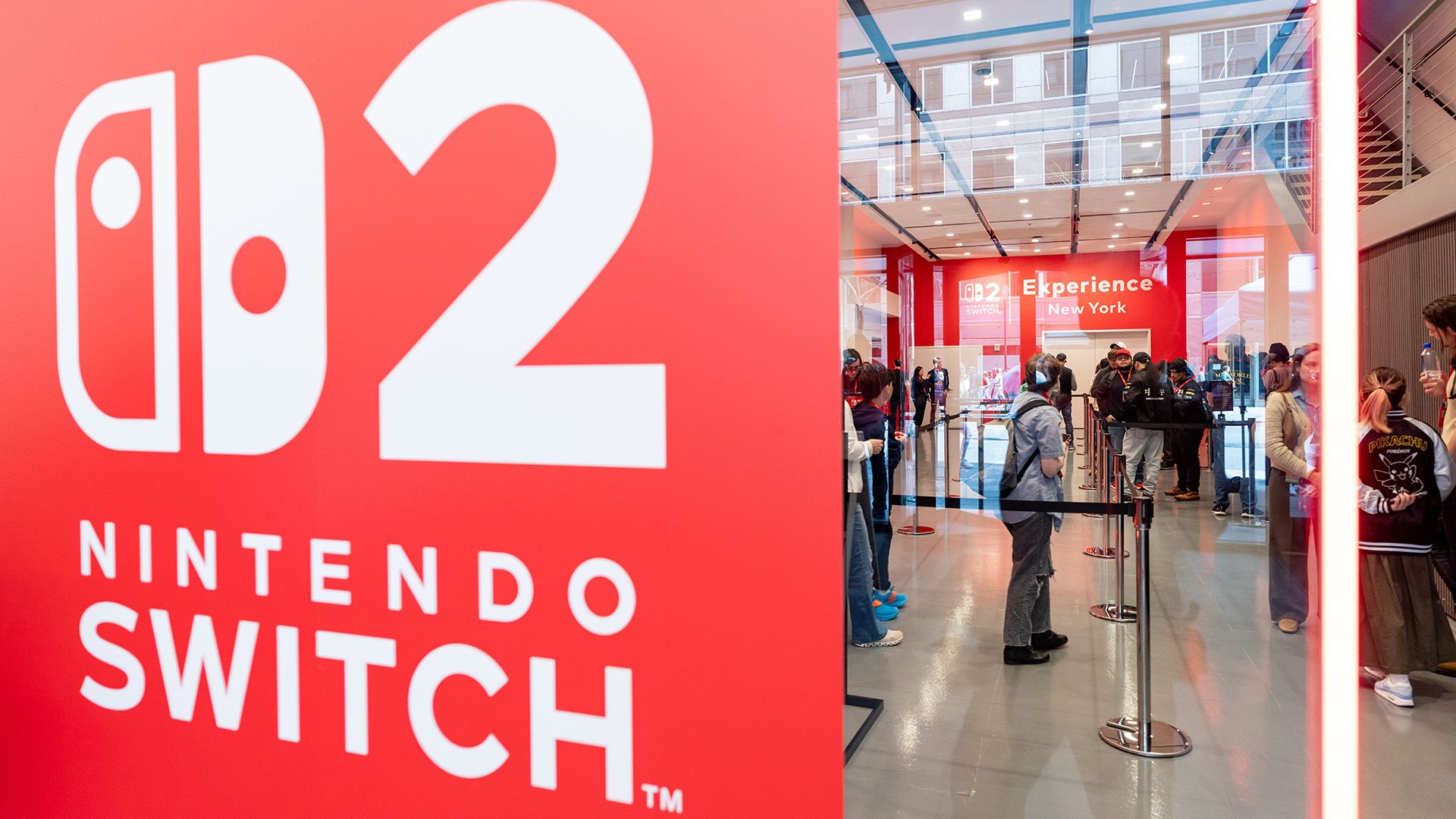International trade shows like CES, IFA, and MWC give consumer tech manufacturers an opportunity to interact with journalists. So, naturally, businesses that attend these events try to maximize media coverage by showing off nutty products, throwing generous parties, or creating other forms of spectacle. But game accessory Genki did something unprecedented at CES 2025—it leaked the Switch 2. Now, Nintendo is suing the company on grounds of trademark infringement.
Game consoles need to have a range of accessories at launch. And while Nintendo might be able to pump out a few controllers or carrying cases, it can’t be the be-all-end-all accessory manufacturer for the Switch 2. That’s where partner brands like Hori come into play. These partner brands agree to strict contracts, clauses, and NDAs in exchange for pre-release information that aids in product development. While other brands race to design and manufacture Switch 2 accessories, partner brands like Hori get to sell their stuff on day one.
Genki is not a Nintendo partner brand, nor was it provided official access to pre-release information. Still, the company announced a range of Switch 2 cases and other accessories in December, about four months before the console’s official reveal. And, in order to prove that its accessories were the real deal, Genki brought a detailed 3D-printed mockup of the Switch 2 to CES 2025. It showed off the console’s magnetic Joy-Cons and twin USB-C ports through hands-on demonstrations and custom videos. Shockingly, the company also said that it had access to a complete Switch 2 console, though it later claimed to have based its accessories on publicly-available leaks.
I couldn’t visit Genki’s CES booth this year due to scheduling conflicts. In any case, I wrongly believed that the company was blowing hot air. Imagine my surprise when, on April 2nd, Nintendo announced a console that was identical to the Genki mockup from nearly four months earlier.
“Either Defendant is not in possession of a genuine console and thus cannot claim compatibility with enough certainty to make its advertising claims in good faith, or Defendant unlawfully or illicitly obtained an authentic Nintendo Switch 2, or proprietary technical information about the Nintendo Switch 2, prior to the console’s release to the public.”
Nintendo responded to the CES leak with a short, somewhat vague statement. It didn’t deny the accuracy of Genki’s mockups, but it clarified that pre-release Switch 2 hardware “was not provided to the company by us.” Any attempt to snuff Genki would confirm that the CES leaks were accurate, so the notoriously-litigious Nintendo didn’t make a fuss.
Sadly, it seems that Nintendo’s soft response gave Genki a false sense of security. The Switch 2 continued to be a cornerstone of Genki’s marketing, and the company boldly hosted a “Genki Direct” presentation immediately after the official Switch 2 launch event. This presentation was accompanied by a pre-order campaign for the company’s Switch 2 accessories. In effect, Genki beat partner brands like Hori to market, potentially undermining their sales in the process.
So, Nintendo is pushing for five counts of “trademark infringement, unfair competition, and false advertising.” And, instead of focusing on leaks, the game company is trying to box Genki into a Catch-22 situation that centers around product licensing and brand loyalty.
Related
Nintendo Switch 2 Backward Compatibility Explained
Can you bring your Switch collection over?
Nintendo argues that if Genki genuinely had access to pre-release materials, then it obtained these materials illegally in order to frame itself as a trustful licensed brand. But if Genki based its Switch 2 accessories on publicly-available leaks, as it now claims, then it has effectively engaged in false advertising—the company had no way of knowing whether its accessories were truly 100% compatible with the Switch 2, yet it repeatedly claimed that the accessories were fully compatible and opened pre-orders before the console’s official reveal.
If Genki is found guilty, it could be forced to hand over the profits from Switch 2 accessory sales, provide damages and legal fees to Nintendo, and destroy any products or press materials that utilize Nintendo-owned trademarks. Nintendo requests a jury trial in its complaint, presumably in an attempt to garner continued media coverage and set an example of Genki. (Several companies, including dbrand, announced Switch 2 accessories before the console’s launch. But Genki was the loudest of the crowd and garnered the most media attention.)
Genki says that it still plans to fulfill pre-orders and is “working with legal counsel to respond thoughtfully” to Nintendo’s lawsuit. Still, the company hasn’t provided a statement to clarify its position in this case. I suggest you skim through Nintendo’s complaint, which contains a timeline of Genki’s social media activity, several alleged instances of infringement, and an ensnarement of accusations. It’s intense.
Source: Nintendo of America via The Game Post, The Verge
Source link
